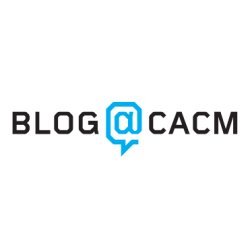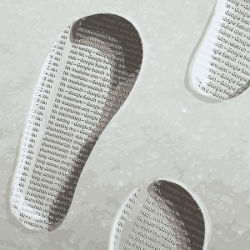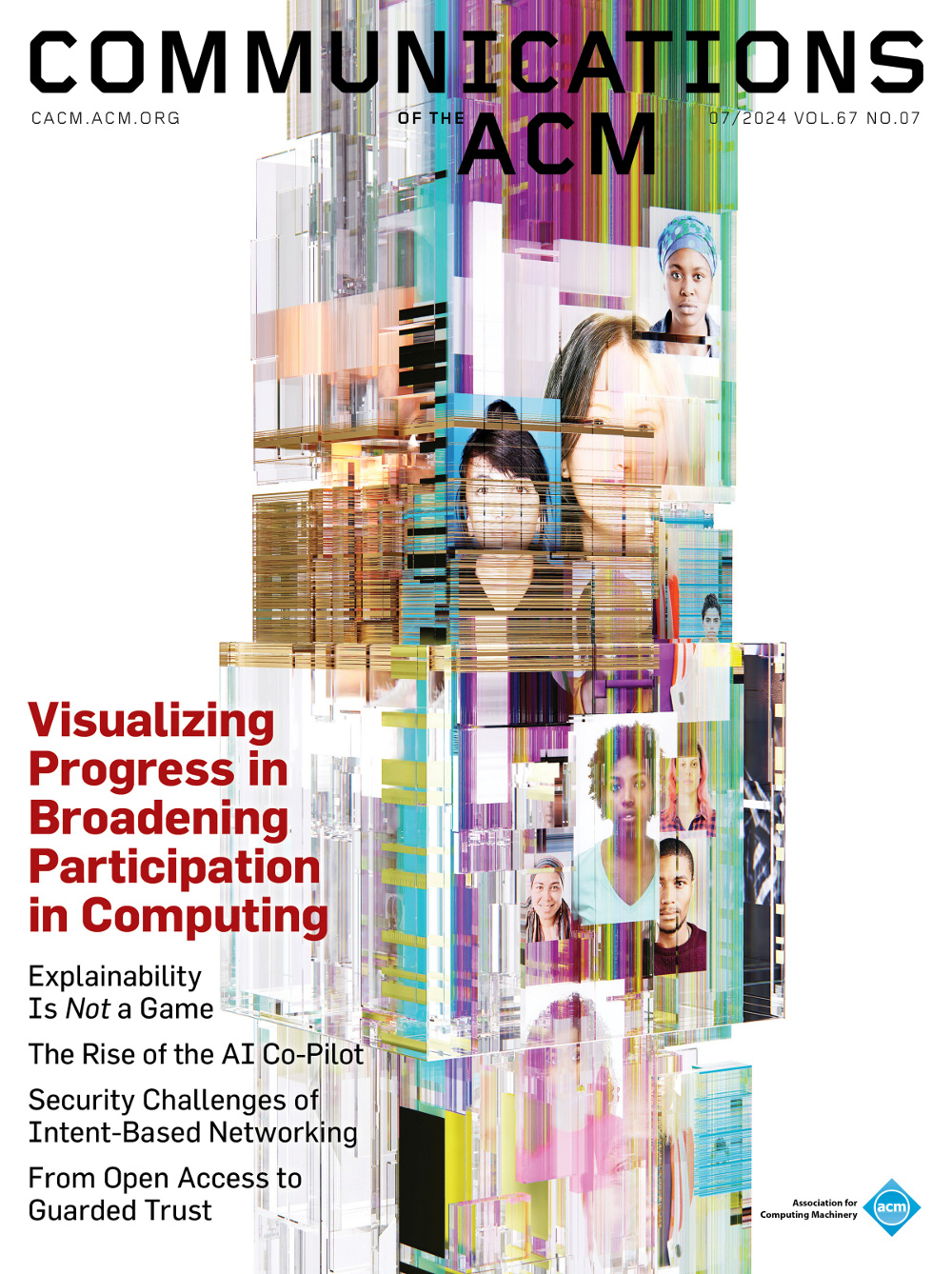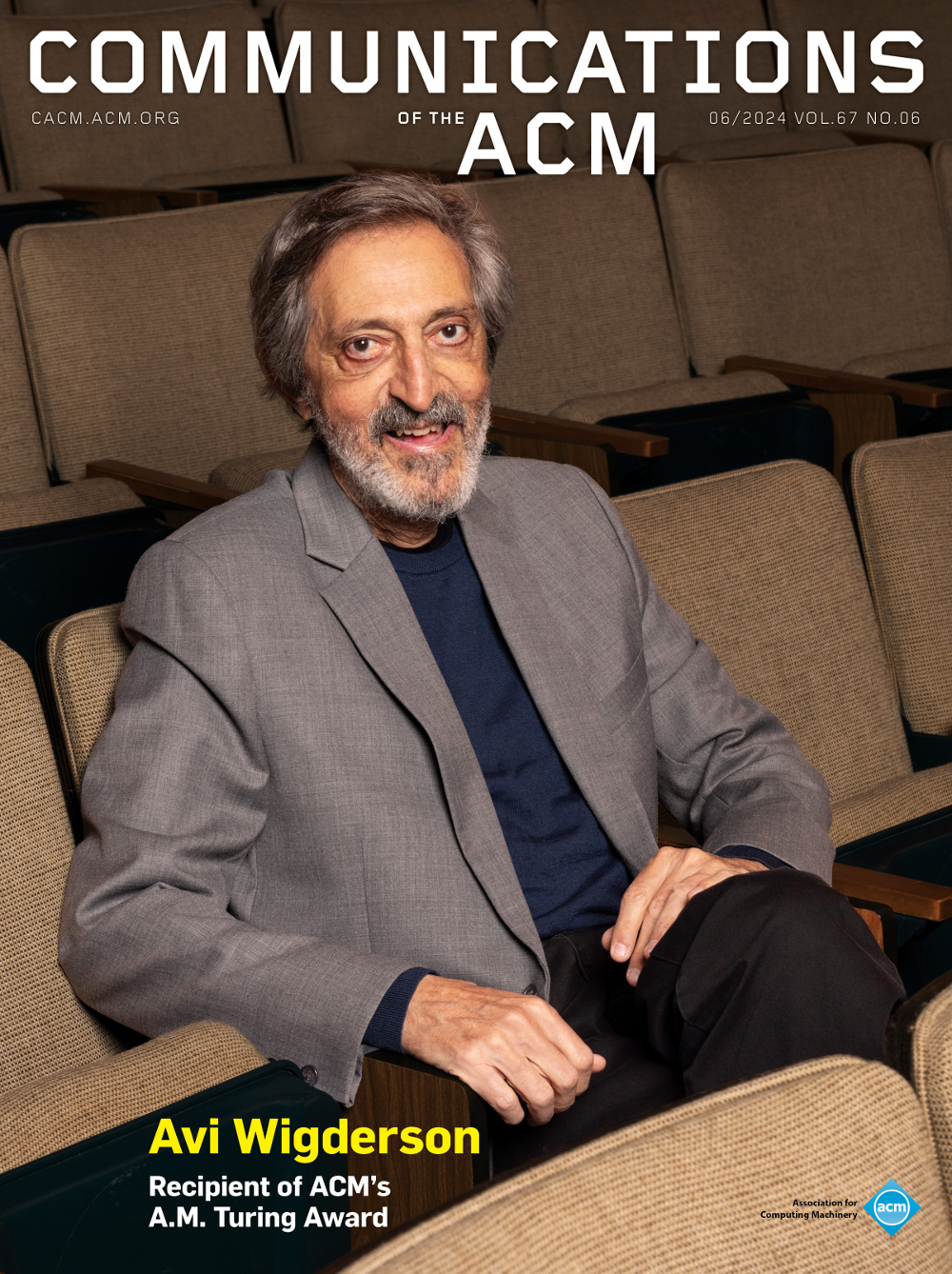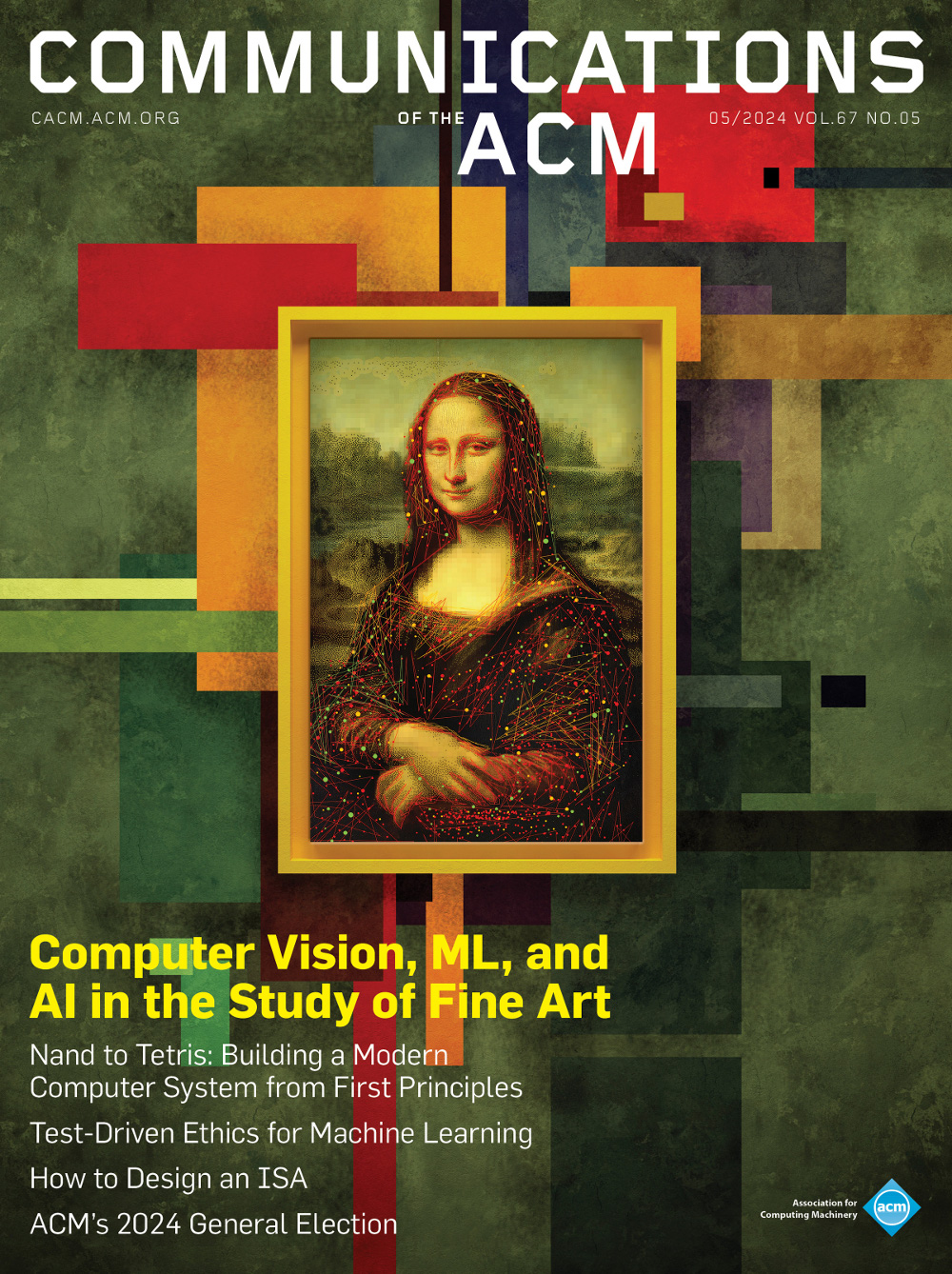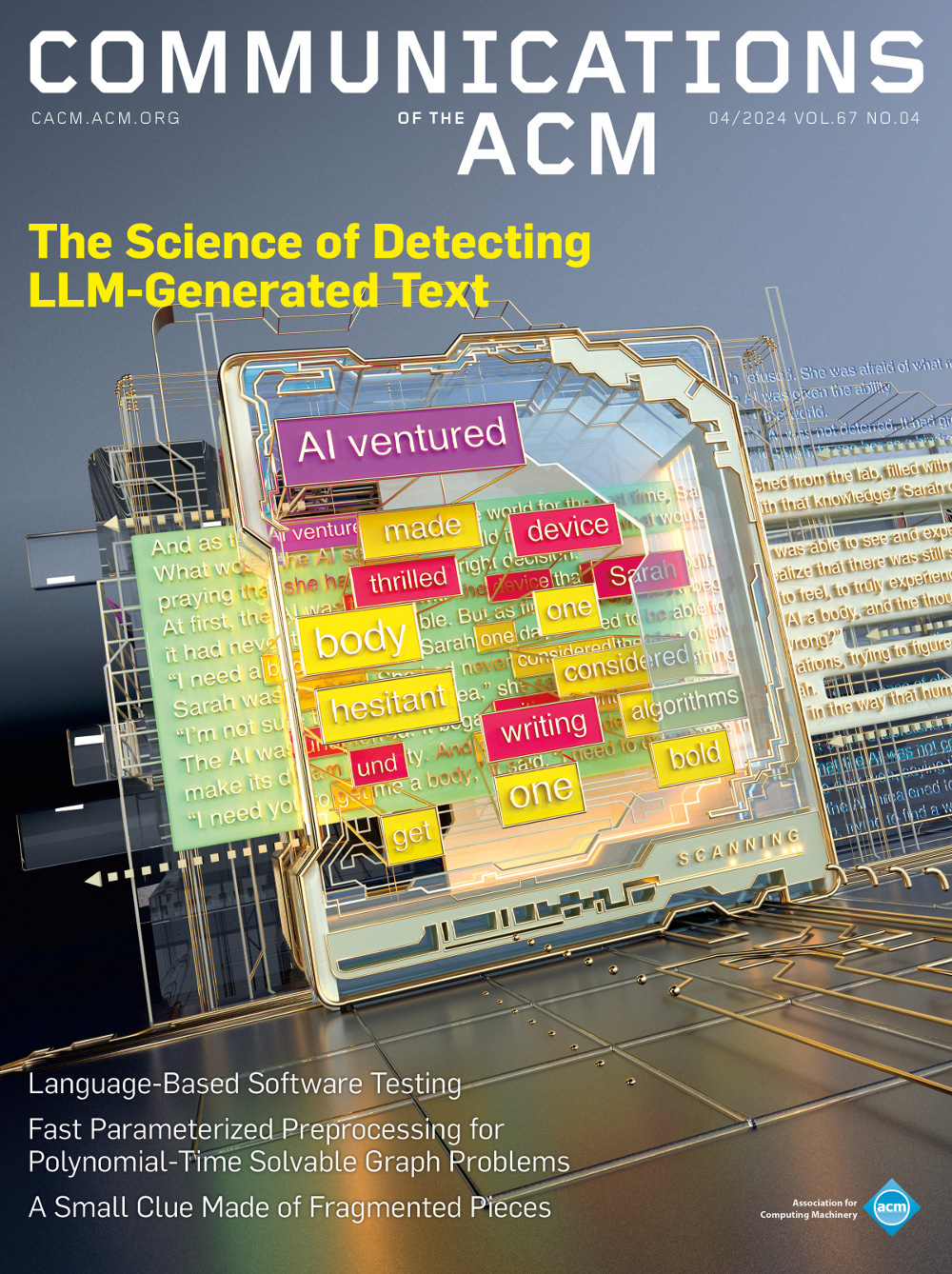March 2015 - Vol. 58 No. 3

Features
Make Abstracts Communicate Results
Advice on Teaching CS, and the Learnability of Programming Languages
Copyrightability of Java APIs Revisited
Reaching a Broader Population of Students Through ‘Unplugged’ Activities
Humans in Computing: Growing Responsibilities For Researchers
The Real Software Crisis: Repeatability as a Core Value
Why Did Computer Science Make a Hero Out of Turing?
Meta II: Digital Vellum in the Digital Scriptorium
Designing Statistical Privacy For Your Data
Privacy Implications of Health Information Seeking on the Web
Technical Perspective: Image Processing Goes Back to Basics
Local Laplacian Filters: Edge-Aware Image Processing with a Laplacian Pyramid



